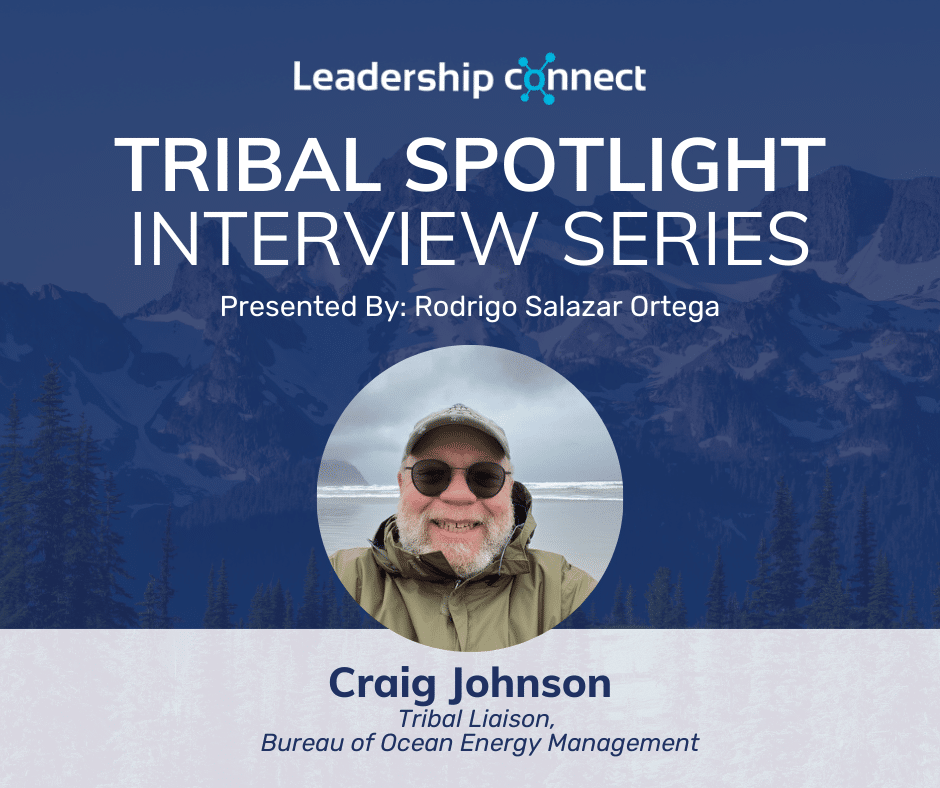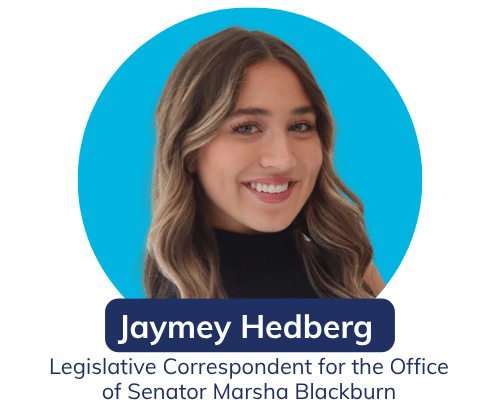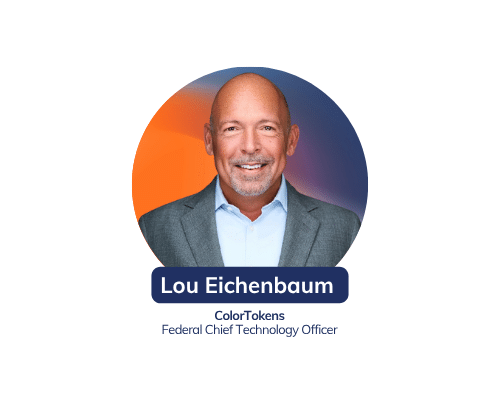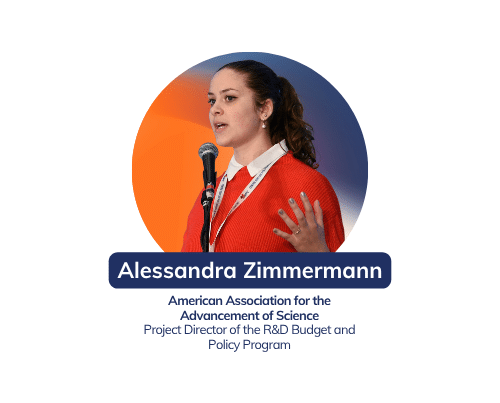For this interview, I spoke with Craig Johnson, who is a Tribal Liaison at the Bureau of Ocean Energy Management. He has a vast background in archaeology and Tribal relations, having worked across various agencies, including the Army Corps of Engineers, the Bureau of Land Management (BLM), and the National Park Service. Craig’s expertise spans both field archaeology and consulting with Tribal Nations on federal projects that impact their lands and resources.
Takeaways:
- Building relationships with Tribal Nations requires respect, humility, and understanding of their unique history and governance structures.
- Working in Tribal relations is about more than just compliance; it involves recognizing the personal and cultural significance of the work to the communities involved.
- Mistakes are inevitable, but the key to success is learning from them, doing your research, and continuously improving your approach.

Can you tell me about your career path that has led you to where you are now?
I initially started my academic journey in psychology, working at a psychiatric hospital with Tribal youth. However, during my undergrad, I took an anthropology class that sparked my interest. I eventually shifted to archaeology after participating in an archaeology field class. From there, I pursued a master’s in applied Archaeology, completing field schools and working in various field projects. My early career focused on archaeological excavations, including a colonial site that revealed Native American artifacts, deepening my connection to the field.
I started working seasonally with the Park Service, doing fieldwork at sites like Glen Canyon, which was fascinating due to the remote nature of the job, often accessed by boats or planes. Eventually, I transitioned to working with the Bureau of Land Management (BLM) in Kingman, Arizona, where I built relationships with Tribal Nations, consulting on impacts to archaeological sites. This experience eventually led me to my current role as a Tribal Liaison, where I oversee consultation processes with multiple Tribes, ensuring federal projects respect Tribal sovereignty and resources.
How did you become passionate about the intersection of tech, government, and tribal communities, and how do you stay informed and engaged in those areas?
My interest grew as I began to understand the cultural significance of the land to Tribal Nations. Working in archaeology, I saw firsthand how interconnected Tribal history, land, and governance are. It wasn’t just about uncovering artifacts; it was about understanding the cultural and spiritual connections these communities have to their land. This realization, combined with the federal responsibility to consult with Tribes on any impacts to their lands and resources, inspired me to take on a larger role in advocating for Tribal sovereignty and ensuring their voices are heard in federal processes.
I stay engaged by continually learning from the Tribes I work with. Building relationships with these communities is key, and I make it a priority to attend face-to-face meetings, understanding their perspectives on federal projects that affect their resources. Consulting with them is not just a task—it’s about maintaining trust and honoring their treaties and rights.
What do you believe sets Tribal Government Relations apart as a unique work environment, and how do you navigate its challenges in your everyday work?
Tribal relations are unique because they involve navigating a deep historical context that is rooted in treaties, sovereignty, and trust responsibilities. The relationship between Tribal Nations and the federal government is multifaceted, requiring an understanding of cultural, legal, and political issues. One of the most challenging aspects is explaining the complexity of these issues to colleagues or partners who may not be familiar with Tribal governance or sovereignty. Conveying the importance of these relationships without overwhelming people with too much detail can be tricky.
In my everyday work, I focus on building trust through face-to-face meetings with Tribal leaders. It’s important to approach these conversations with respect and humility, understanding that each Tribe has its own unique culture and history. It’s about being open to their concerns and working collaboratively to find solutions.
Describe a challenging or rewarding project that significantly influenced your growth as a professional. How did you handle the challenge, and what did you learn from the experience?
One of the most rewarding projects was working on a Native American Graves Protection and Repatriation Act (NAGPRA) initiative while I was with the Coconino National Forest. The project involved identifying and repatriating thousands of human remains and cultural artifacts that had been excavated from Tribal lands over the years. This was a massive undertaking, requiring us to figure out where everything came from and which Tribes they belonged to.
The most important lesson I learned was the importance of consulting with the Tribes at every step of the way. It was humbling to see how much the project meant to them and how grateful they were to have their ancestors’ remains returned. The entire experience taught me that the work we do isn’t just technical or administrative—it’s deeply personal for the people we serve.
What advice would you give to someone navigating how to bridge the gap between traditional practices and modern governance structures?
I would say that you need to approach these situations with humility and an open mind. Each Tribe has its own unique traditions and governance structures, so it’s important not to make assumptions. Be willing to learn and understand that you are going to make mistakes along the way—what matters is how you handle them. Learn from your mistakes, do your research, and always strive to improve. It’s also important to recognize that you are there to support, not to lead. Know your role and be respectful of the traditions that exist.
Word association, what is the first word that comes to mind for each of these?
- Policy – Implementation
- Networking – As much as you can
- Communications – Required
- Leadership Connect – Foundation of consultation






